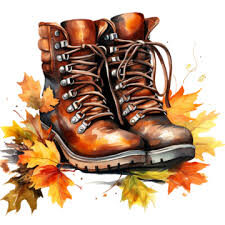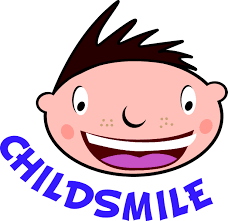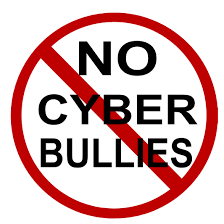Please see the attached letter and details below from the NHS regarding
FLU IMMUNISATION OF SCHOOL AGED CHILDREN WITH ASTHMA
Our pupils are scheduled to be vaccinated on Wednesday 26th November, should any action be required, please contact the NHS at least three days prior to this date.
Thank you
Letter for Parents of Asthmatic Children School 2025

Child Health Department
Tel: 01294 323466
September 2025
Dear Parent/Carer
FLU IMMUNISATION OF SCHOOL AGED CHILDREN WITH ASTHMA
| PLEASE IGNORE THIS LETTER IF YOUR CHILD DOES NOT HAVE ASTHMA OR
IF YOU HAVE NOT GIVEN CONSENT FOR YOUR CHILD TO BE VACCINATED |
Thank you for completing and returning the form consenting for your child to receive flu vaccination at school in the near future. This letter is for parents who have consented to their child’s vaccination and indicated on the form that their child has asthma. You should have provided information about any medication (such as steroid tablets) your child may take for their asthma.
If you are a parent/carer of a child with asthma and have consented to their vaccination we are writing to request that you contact us prior to their vaccination if there is any change to your child’s asthma as this may affect whether your child can have the nasal flu vaccine or the vaccine by injection.
The changes you should tell us about are:
- A change in the type of inhaler, an increase in the strength or number of puffs your child takes each day within three days of school session
- If your child is now taking or has been prescribed steroid or other tablets since completing the consent form
- If your child’s asthma has become worse in any way in the three days before your child’s vaccination is due
Please contact 01294 323466 to tell us about any changes before the immunisation team visit your child’s school.
If your child has asthma and is unable to be vaccinated on the day of the school vaccination session your child will be able to receive the vaccine if we are back in school for an absentee day or at a NHS clinic.. If you consented to their vaccination you will be sent a letter home with your child advising you what will happen next.
More information on flu and the vaccine is available in the leaflet previously provided and online at www.nhsinform.scot/childflu or call the NHS inform helpline Freephone at 0800 22 44 88.
Yours faithfully
p.p Susan Wilson, Health Board Immunisation Co-ordinator
NHS Ayrshire & Arran







